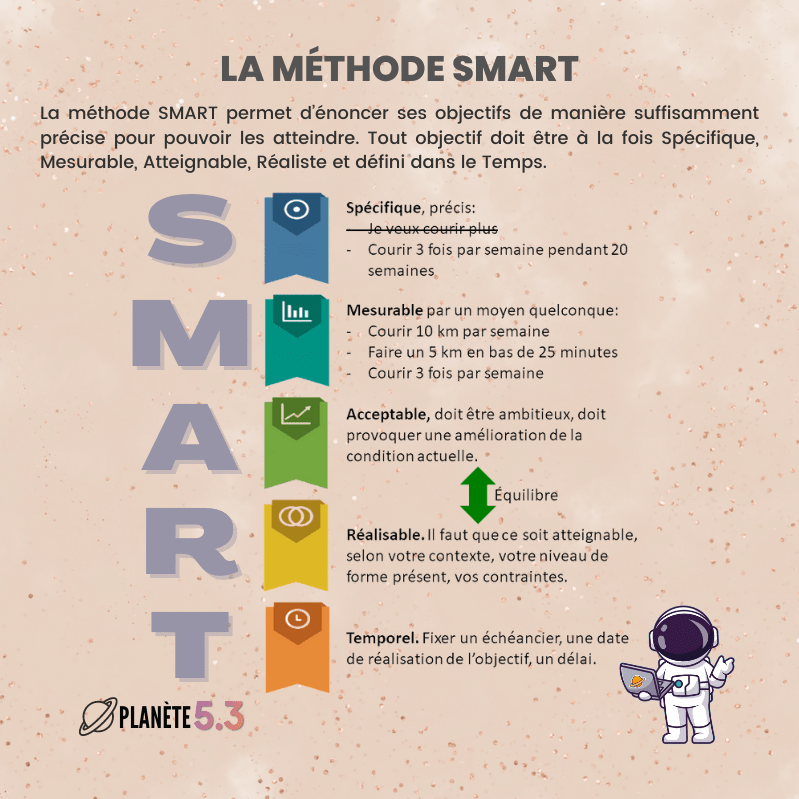Germany wants to stop thefood bleeding. Faced with excessive waste, the government advocates the implementation of smart labeling that would replace the classics expiration dates.
The idea is simple: instead of throwing away a product that can still be consumed because its date has passed, the electronic chip would provide information on the real state of freshness of the food. Concretely, the system would operate on an “intelligent” color code: a green pellet for a product that can still be consumed for some time, orange if it has to be eaten quickly. The red color, on the other hand, would correspond to an expired product, the consumption of which may present a health hazard and which must be removed from the shelves.
While each German sheds an average of 80 kilograms of food per year, these smart labels could be a tool to reduce this mess a bit.
“We throw away tons of food because the producers have established too wide safety margins,” observed the German Minister of Food and Agriculture, repeated by AFP.
A budget of 10 million euros will be released to set up this system over the next three years. The Netherlands are already showing interest in the concept.
Labeling that is too vague
With these new labels, the German government hopes to remove the confusion surrounding the current expiration dates. In France, the mention “to be consumed preferably before” means that the product loses its flavor or its consistency but can still be eaten without health risk. However, many individuals think that it is unfit for consumption and throw it in the trash.
On the other hand, the expiry date (DLC) recognizable by the mention “to consume until …”. means that the product may present a health risk beyond the date indicated.
In France, 6.5 tonnes of food are thrown away each year by individuals, i.e. around 20 kg per person (source: Agriculture.gouv)…
Read also: An app to fight against food waste
Infographic: food waste in France and around the world
















